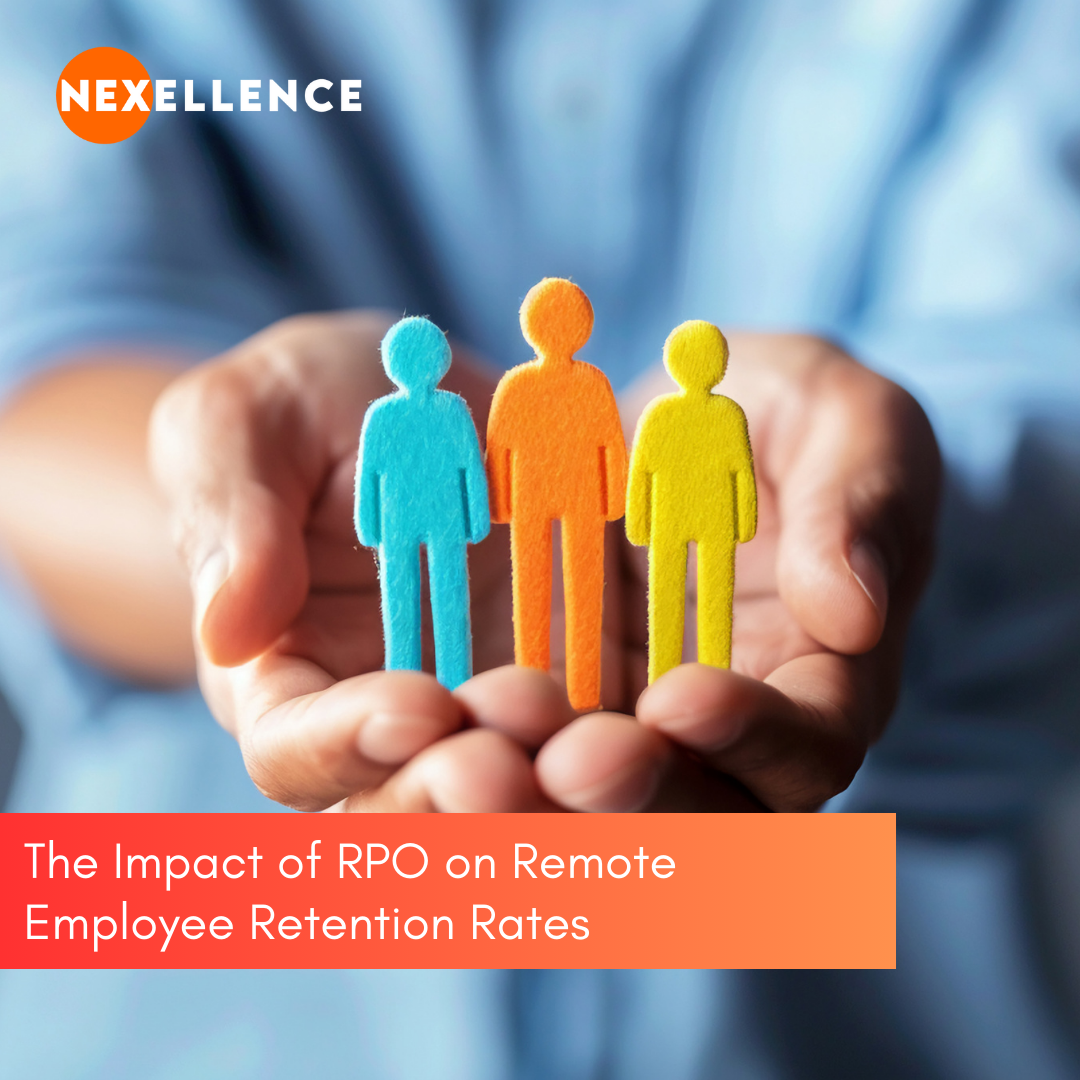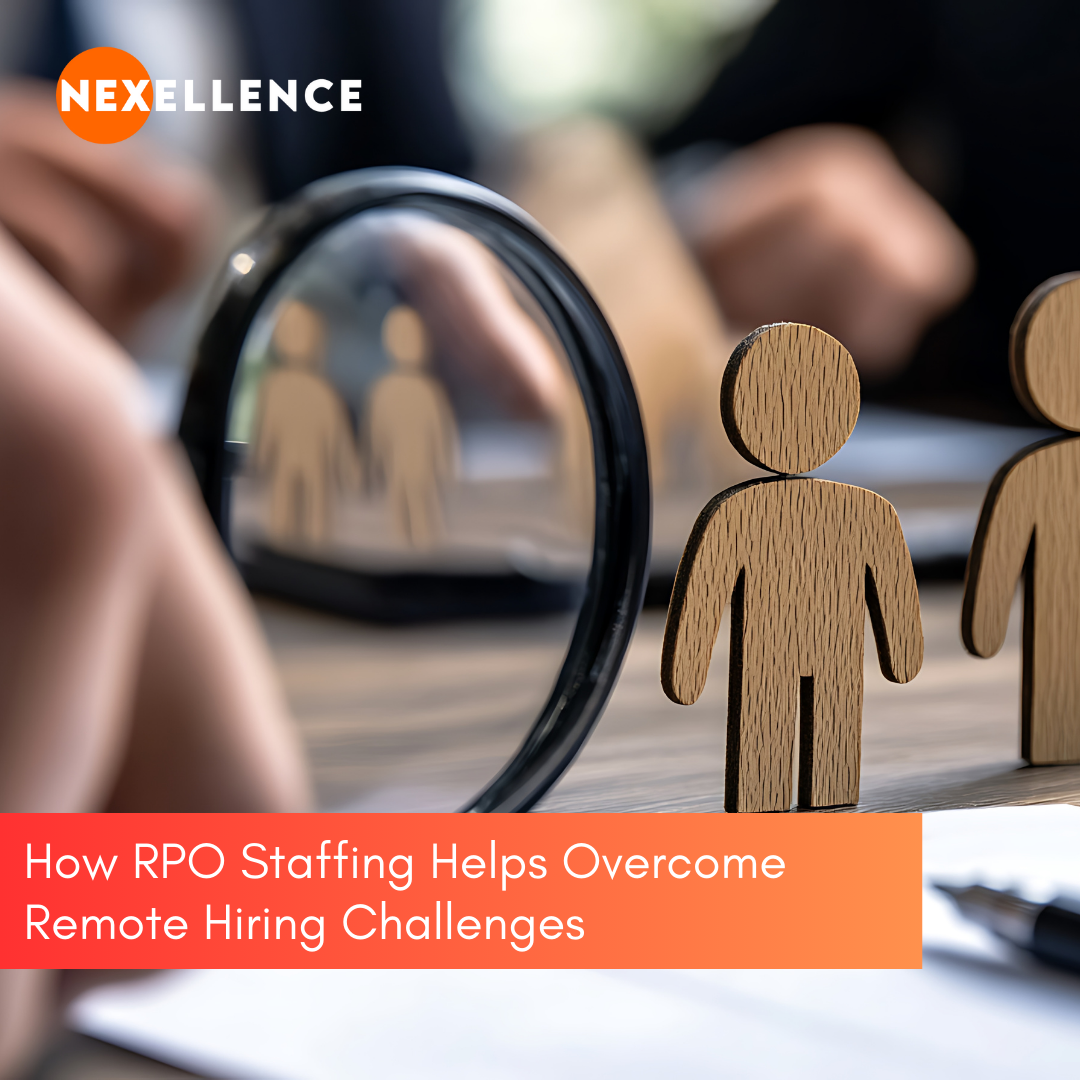The gig economy has reshaped the employment landscape, offering flexibility and independence to workers while challenging traditional hiring practices. As this shift continues to grow, recruitment agencies are finding innovative ways to adapt and thrive in this new paradigm.
The Rise of the Gig Economy
The gig economy is characterized by short-term, flexible work arrangements. Platforms like Uber, Upwork, and Fiverr have made gig work accessible and appealing to millions of professionals worldwide. For businesses, gig workers offer the agility to scale operations without the long-term commitments associated with full-time employees. This evolution, however, brings complexities in sourcing, vetting, and managing talent—tasks traditionally handled by recruitment agencies.
Challenges for Recruitment Agencies
Recruitment agencies face several challenges in the gig economy, including:
- Rapid Turnover: The transient nature of gig work increases the frequency of sourcing new candidates.
- Diverse Skill Sets: Agencies must navigate a wide variety of specialized skills and industries.
- Compliance and Legalities: Managing worker classification, tax implications, and labor laws requires expertise and vigilance.
How Agencies Are Adapting
To remain relevant and effective, recruitment agencies are adopting new strategies tailored to the gig economy:
- Leveraging Technology
Modern recruitment agencies are investing in advanced tools like AI-driven talent matching platforms, CRM systems, and data analytics. These technologies streamline the process of identifying and connecting with gig workers who meet specific client needs. - Building Talent Pools
Agencies are creating extensive databases of pre-vetted gig workers across various industries. This proactive approach ensures that they can quickly respond to client demands. - Offering Flexible Solutions
Beyond traditional hiring services, agencies are acting as intermediaries for project-based assignments, facilitating contracts, and handling payroll for gig workers. - Focusing on Compliance
With evolving labor laws and regulations, agencies are prioritizing compliance to protect both businesses and gig workers. They’re providing expertise in worker classification, tax obligations, and legal documentation. - Upskilling and Training
Some agencies are offering upskilling programs for gig workers, enhancing their employability and creating added value for clients seeking specialized expertise.
The Future of Recruitment in the Gig Economy
The gig economy is not a passing trend; it is a significant transformation in how work is done. Recruitment agencies that embrace this shift by adopting technology, focusing on compliance, and catering to the unique needs of gig workers and businesses will continue to play a pivotal role in the employment ecosystem. By staying agile and innovative, these agencies ensure they remain indispensable partners in the gig-driven future.
Conclusion
The gig economy presents both challenges and opportunities for recruitment agencies. By evolving their strategies, leveraging technology, and focusing on the needs of gig workers and businesses, agencies can stay ahead of the curve. As the workforce continues to shift toward greater flexibility, the role of recruitment agencies will remain crucial in bridging the gap between talent and opportunity.





